April 9, 2020
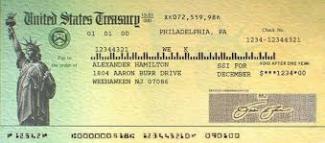
Photo courtesy of the Bureau of Fiscal Service.
District residents should be on high alert for scams related to federal coronavirus relief payments or “economic impact payments.”
As early as next week, millions of eligible Americans will begin receiving one-time payments from the federal government as part of the response to COVID-19. The exact timeline is still being worked out, but these payments will come through the Internal Revenue Service (IRS) either through direct deposit or by check. Accurate information on these payments can be found on the IRS website: https://www.irs.gov/coronavirus
Unfortunately, scammers are using the news of these relief payments as an opportunity to attempt to steal consumers’ money or personal information. Scammers may use the promise of these government checks or payments to trick people into giving out private information, such as bank account details or Social Security numbers. They may try to impersonate government agencies or promise to help consumers get payments faster. And scammers may reach out to consumers by phone, email, text, or social media.
In fact, the Office of the Attorney General has already heard of people receiving robocalls asking for financial information to process their stimulus payments. Beware: this is a scam.
Here is what you need to know to spot scams and stay safe:
Most people don’t need to do anything to receive their payment. There is no “application” to receive the federal coronavirus relief payment. If you filed taxes in 2018 and/or 2019, the IRS will send you a payment via direct deposit or by check. If you are a Social Security Recipient who is not required to file a tax return, you also do not need to do anything to receive your money. Only scammers will offer to “help you apply” for this money. (Consumers should review the IRS’s website for the most up to date information: https://www.irs.gov/coronavirus/economic-impact-payment-information-center and https://www.irs.gov/newsroom/economic-impact-payments-what-you-need-to-know)
You don’t have to pay any fees to receive this money. Recipients do not need to pay a fee or charge to receive a federal relief payment. You cannot pay a fee to get the money faster. Only scammers will try to charge you to get this payment.
Do not provide personal information via text, e-mail, phone, or social media. Your bank or the government will not contact you asking for personal information. There is no need to “confirm your identity” or “process your payment.” Even if a communication looks or sounds official, only scammers will reach out to you and ask for information like your Social Security number, bank account number, credit card number, debit card PIN, or passwords.
Be careful with phone calls, emails, or texts from people you don’t know. If you do not recognize a phone number, let the call go to voicemail or an answering machine. Do not click on links in emails or texts, or open email attachments, if the messages come from people you don’t know or organizations that you did not sign up to receive messages from. These links and attachments could allow scammers to install malicious programs on your computer or phone and steal your information.
Right now, the exact timeline for these payments is still being finalized—and scammers are using the lack of details to try to trick people. We do know that people who already provided their bank information to the IRS when they filed their 2018 or 2019 taxes may begin receiving payments by direct deposit in April. If you would like to set up direct deposit with the IRS, they will be establishing up an online form through their official website only (www.irs.gov) in the coming weeks. Otherwise, if you are eligible, the IRS will send you a paper check in the mail.
If you are a District resident and you believe you have been scammed:
Contact Metropolitan Police Department’s Financial and Cyber Crimes Unit at 202-727-4159 or mpd.fraud-unit@dc.gov; and
File a complaint with OAG’s Office of Consumer Protection by calling (202) 442-9828, emailing consumer.protection@dc.gov, or filling out an online consumer complaint form.
Back to the Newsroom Main Page
Content retrieved from: https://oag.dc.gov/blog/consumer-alert-covid-19-federal-coronavirus-relief.
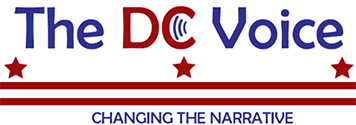










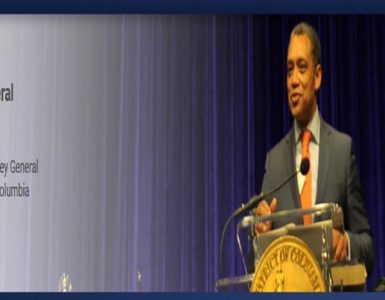
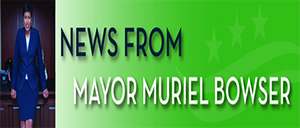
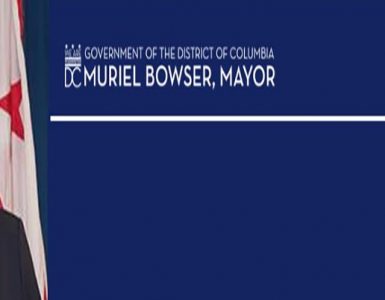

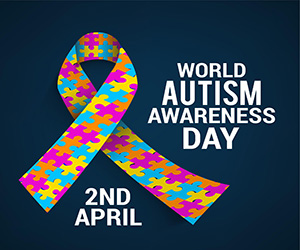

Add comment